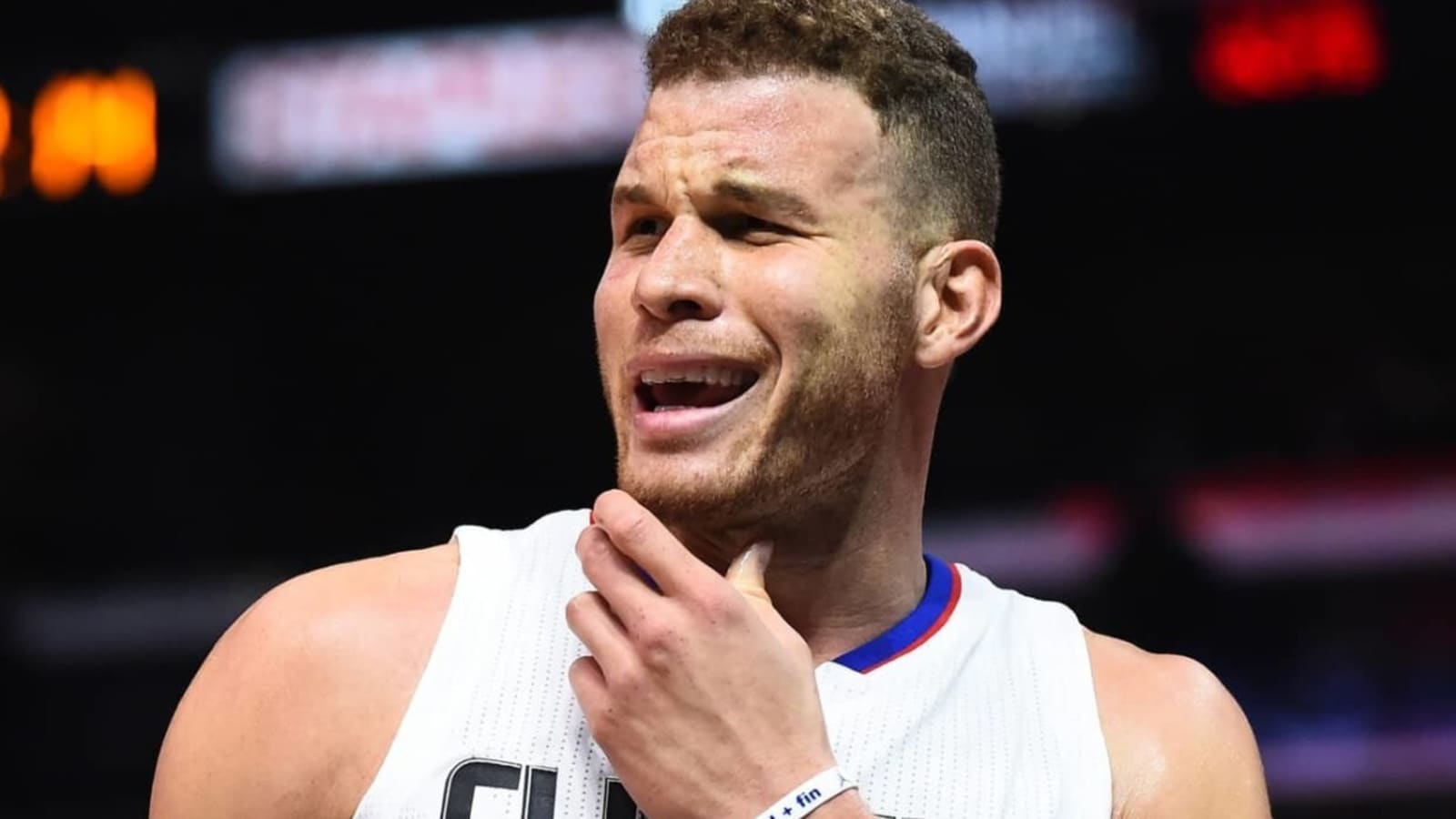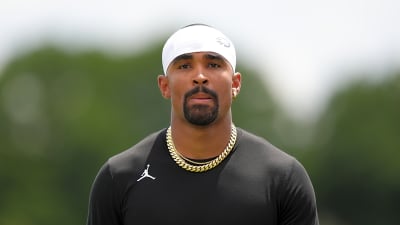
Blake Griffin recently opened up about his experiences with "code-switching" during an appearance on the We Might Be Drunk podcast, shedding light on how he adjusts his mannerisms, speech, and behavior depending on the racial and cultural context he finds himself in.
"Yeah, I think the term now, what the kids are saying, is code-switching. Yeah, I definitely—uh, yeah. Like, also, I'm doing Melo's podcast right after this."
"Oh! By the way, if you want to see a stark contrast, it's going to be me with glasses on, I'm going to have a chain on. Yeah, Kobe was dope as f***. Here, I'm like, dude, it's like seeing Jesus. You kind of, like—you know, wherever you're around. Yeah, I don't know, for me, it's like—it's kind of natural."
Code-switching, a term often used to describe the act of altering one's language or behavior to fit into different social groups, is something Griffin admitted to doing in various settings throughout his career, from the locker room to media interviews.
When asked by one of the hosts whether he "whites it up" in interviews and "blacks it up" in the locker room, Griffin responded candidly, acknowledging that he does engage in code-switching.
He explained that this shift is not necessarily something he does consciously but is instead a natural adaptation to his surroundings. He even joked about how different his appearance and demeanor would be when transitioning from We Might Be Drunk to Carmelo Anthony’s podcast later that day.
As a biracial athlete with a Black father and a white mother, Griffin has navigated different racial and cultural spaces throughout his life. Growing up in Oklahoma, a predominantly white state, he likely experienced environments where he had to adjust his behavior to fit societal expectations.
At the same time, entering the world of professional basketball, a league that is predominantly Black, meant immersing himself in a different cultural dynamic. His ability to move between these worlds has been a defining aspect of his identity, both personally and professionally.
Griffin’s comments also resonate with a broader societal discussion about code-switching, especially among Black and biracial individuals. Many people of color feel the need to adapt their speech, tone, and even body language to fit into predominantly white spaces, whether in corporate settings, schools, or the media.
While this adaptation can be a survival tactic that allows for social mobility and acceptance, it also raises questions about authenticity and the pressures placed on individuals to conform to different cultural expectations.
Throughout his NBA career, Griffin was often viewed as an anomaly—a high-flying dunker with elite athleticism but also a player who was sometimes perceived as not being "Black enough" due to his lighter complexion and more reserved demeanor. These perceptions may have contributed to the way he navigated different spaces, making code-switching a necessary tool to balance expectations from various communities.
Griffin’s lighthearted approach to discussing the topic shows that he is aware of the nuances involved in being a public figure who straddles different cultural identities. While some might see code-switching as a form of inauthenticity, for many, it is simply a reality of existing in diverse social environments.
His openness about the subject offers a glimpse into the complexities of identity and race, particularly in the world of professional sports.
More must-reads:
- NBA makes major move regarding Clippers, Kawhi Leonard investigation
- Clippers owner Steve Ballmer levies serious accusation toward Aspiration amid Kawhi Leonard controversy
- The 'College football FBS nicknames' quiz
Breaking News
Trending News
Customize Your Newsletter
 +
+
Get the latest news and rumors, customized to your favorite sports and teams. Emailed daily. Always free!








